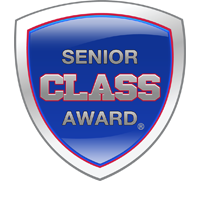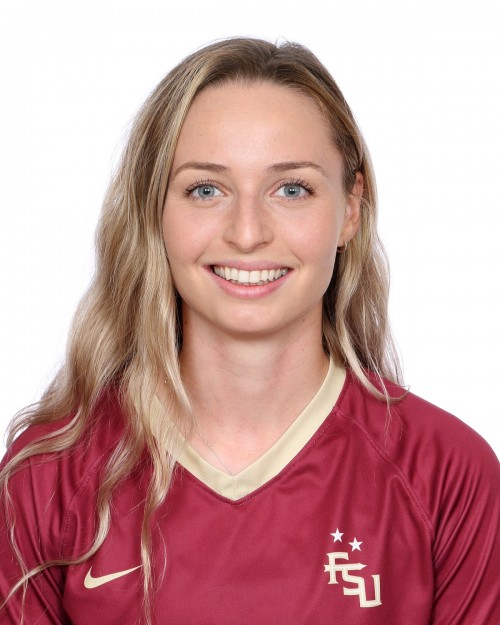
Early obstacles become springboards to career paths for soccer standouts
Katherine Sheeleigh turned the most frustrating time of her adult life into a career path.
A soccer player at Harvard and one of 10 finalists for the Lowe’s Senior CLASS Award, Sheeleigh is familiar with success. But she faced a great deal of adversity to get to that point, and in that respect, she has a lot in common with fellow finalist Rachel Shipley of Texas A&M.
The Lowe’s Senior CLASS Award honors senior student-athletes who exemplify the four Cs — community, classroom, character and competition. In the case of these two finalists, their character has shown brightly from their drive to do whatever it takes to get back on the field and compete.
For Shipley that means managing her severe asthma so that she can continue to lead the Aggies, who have been a top-10 team for most of this season.
“It’s been a constant battle, but it’s something that I try not to dwell on,” Shipley said. “You just kind of have to deal with it and keep going. Do whatever it takes to get your body prepared to play, even if you do have something holding you back like that.”
Sheeleigh’s adversity included countless hours in the training room as she rehabbed from a stress fracture after her freshman season and a torn hamstring in 2009. While she was getting healthy, Sheeleigh, an economics major, also cultivated an interest that has made her decide to pursue a career in physical therapy.
“I understand the frustration and the time and effort that it takes to get healthy,” Sheeleigh said. “There comes a day when you are playing and feel healthy and back to normal, and I think that’s exactly why it’s something I want to do because I want to be able to help other athletes play.”
It’s a logical choice, really, considering how much Sheeleigh has benefited from the profession throughout her life.
As an infant, Sheeleigh was diagnosed with cerebral palsy and had no movement in the left side of her body. But after seven years of physical therapy, Sheeleigh gained control of her motor skills and has gone on to become a three-time first-team All-Ivy League selection.
Sheeleigh said that while attaining a physical therapy degree after graduating in economics might seem like an odd pairing — her father’s first reaction: “What?” — she has plans on tying them together.
“Ideally one of my goals would be to own my own clinic, so I think in a way they do relate,” Sheeleigh said.
Basically, Sheeleigh wants to do anything that allows her to stay involved with sports. And that’s another trait she and Shipley share.
Shipley said that she’s not sure what awaits her after college, but she plans to put her finance degree to work in athletics.
“I know I want to be involved with soccer or sports somehow, because I can’t see myself not being involved with it,” Shipley said.
Both of them also share the distinction of being involved with community outreach. Shipley is the soccer team’s chairman for The Big Event, which serves as the athletics program’s “thank you” to the residents of College Station, Texas. In January 2010, Sheeleigh’s charity work took her on a volunteer internship with the Ministry of Education to the Republic of the Marshall Islands, where she helped high school students prepare for higher education abroad.
“That was one of the most enjoyable and fun experiences I’ve ever had,” Sheeleigh said.
Where these two finalists differ is in their approach to their final season of collegiate soccer. While Sheeleigh said she hasn’t taken the time to reflect on her senior year, Shipley has had a hard time avoiding it.
“It’s been extremely emotional,” Shipley said. “I’m trying not to put any pressure on it and just enjoy every single minute and every memory we make.”
Both of them are likely to take those memories — from the field and beyond — and use them to overcome any obstacle, or maybe even to build a career.



